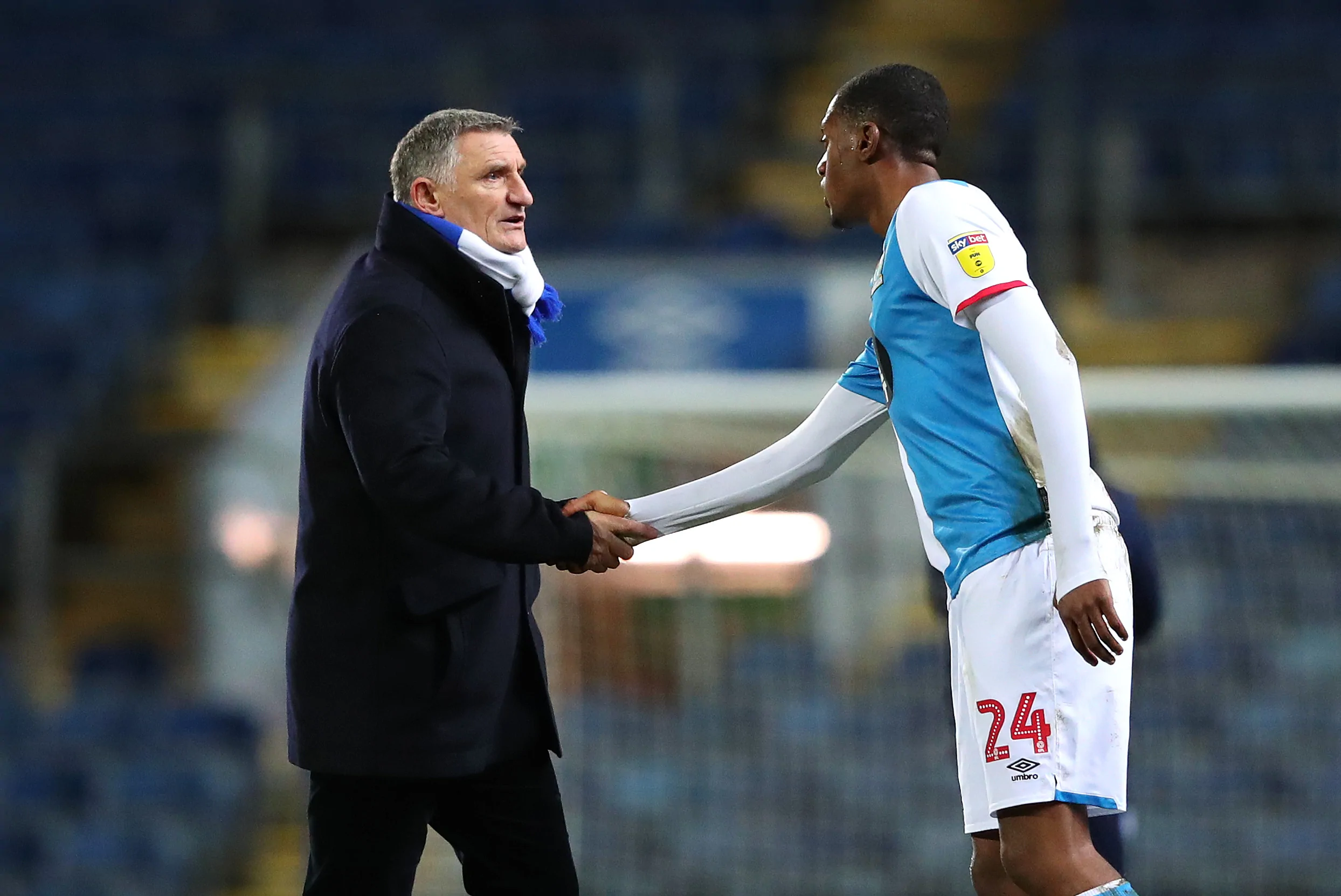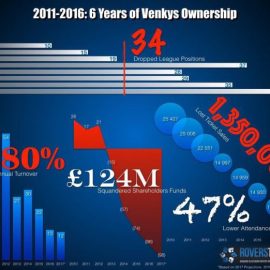Team lost a couple of games in a row? Sack the manager. Team five places in the league below where you’d like them to be? Sack the manager. Couple of expensive signings have a bit of a whinge? Sack the manager.
I’m not saying that it’s always wrong to change the man at the top, since sometimes (for example at any club where Graeme Souness has been manager) it is his fault. But examples of that are so rare in comparison to the knee jerk reaction sacking as to be a collector’s item.
Equally occasionally, a change of manager can bring about a dramatic resuscitation of a flagging team’s fortunes. Harry Redknapp at Spurs is the most recent example (although he has done it before at Pompey), although Bryan Robson at West Brom was possibly the most dramatic. But, inevitably, most have a short honeymoon period and then end up in exactly the same spot as their predecessor.
In contrast, the most successful teams are almost invariably those who choose a manager carefully and retain him for a number of years, through thick and thin. By success, I mean where a team has consistently overachieved in relation to what an objective observer would expect.
Ferguson at United, Wenger at Arsenal, Allardyce at Bolton, Curbishley at Charlton, Hughes at Blackburn, O’Neill at Leicester and now Villa – all have been allowed to compile a squad within their respective resources, then given time to ride out early difficulties and fuse that squad into a successful team. When they moved on, the team they had cause to overachieve dropped back down to its natural place – that is the value of a good, well-supported manager.
Let’s look at the Keane and Ince cases closely, because they are very different.
Roy Keane
Unlike many former players, Keane was an instant hit in management. He took a chaotic Sunderland from the bottom of the Championship to an automatic promotion spot in his first season. In his second season, he kept Sunderland in the Premiership, which is all that a newly promoted team ever asks for. This summer, he has made a number of signings which I thought to be sensible – reasonably cheap players who either have bags of Premier League experience or with plenty of potential. He also backed his ability to manage a number of difficult personalities.
And now, after a month of bad results, that all counts for nothing. He has left Sunderland, apparently, because he had a bad November. What sort of blinkered, nonsensical thinking is that? An objective observer would expect Sunderland to be fighting against relegation for at least this season, and possibly next. So the fact that they have slipped into the relegation zone should be bad news, but not the end of the world.
Numerate readers of the Premier League table would point out that Sunderland are 4 points from 13th, 5 points from 9th and 8 points from 7th. Hardly cast adrift, with no hope other than a radical overhaul. They should have stuck with the man who got them this far – the absolute earliest that Keane should have either been pushed or allowed to leave should be if and when Sunderland are mathematically relegated.
Paul Ince
Here the case is different. Ince was brought in to succeed Mark Hughes, a manager who has overachieved wherever he has gone, and someone who had caused Blackburn to challenge at levels they had no right to. A tough act to follow for any manager, let alone such an inexperienced one.
Ince was appointed on the basis of two good runs with lower league teams and – we can’t get away from this – who he is, a former Premiership star and the most prominent black coach in the country. He had never managed top class players, and stories of his own dressing room exploits hardly spoke well of his ability to get on with others. I didn’t think it was the right choice at the time, although I could see how and why it was made.
Now it is becoming clear that – fancy this? – Ince is a bit tactically naive and isn’t as good a manager as Hughes. Blackburn fans are entirely right to question why their board appointed Ince in the first place. However, if Blackburn’s board are sentient beings who think through the possible consequences of their actions before taking them, they must have known in the summer that Ince was going to need a bedding-in period and that certain star players might fancy following Hughes.
If they were going to sack Ince at the first sign of trouble, then they should never have appointed him. My message to them now is “stick by your man, or resign yourselves”.
As a last thought, what will happen if both are sacked? Well, how about this – Keane to Blackburn and Allardyce to Sunderland. Ince will sit on the sidelines for a couple of months before the merry-go-round picks him up again, although if he has any sense he’ll go back to the Championship and learn his new trade a bit better. After all, there’ll be plenty of vacancies opening up in the near future.
PS. Note that I resisted mentioning Newcastle for the entire duration of the article, something I would deserve a medal for if the managerial comings-and-goings in Geordieland weren’t so ridiculous as to be beyond parody.
Also See: Safe or Not? The 08-09 Premier League Manager Sack Race.
Penguinissimo has recently set up his own Manchester United blog, Penguin United. He also writes a regular column for the popular United blog Red Rants.
Add Sportslens to your Google News Feed!






